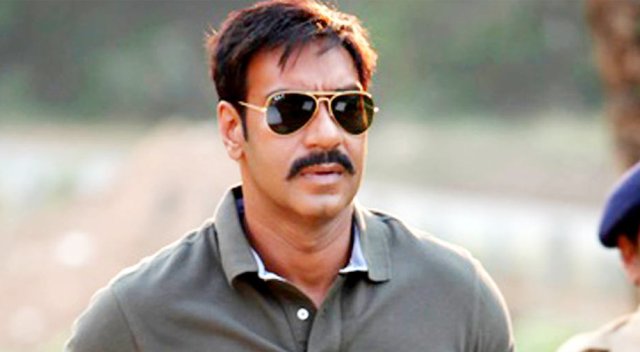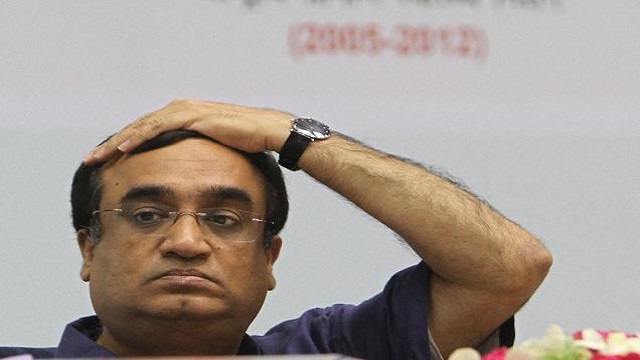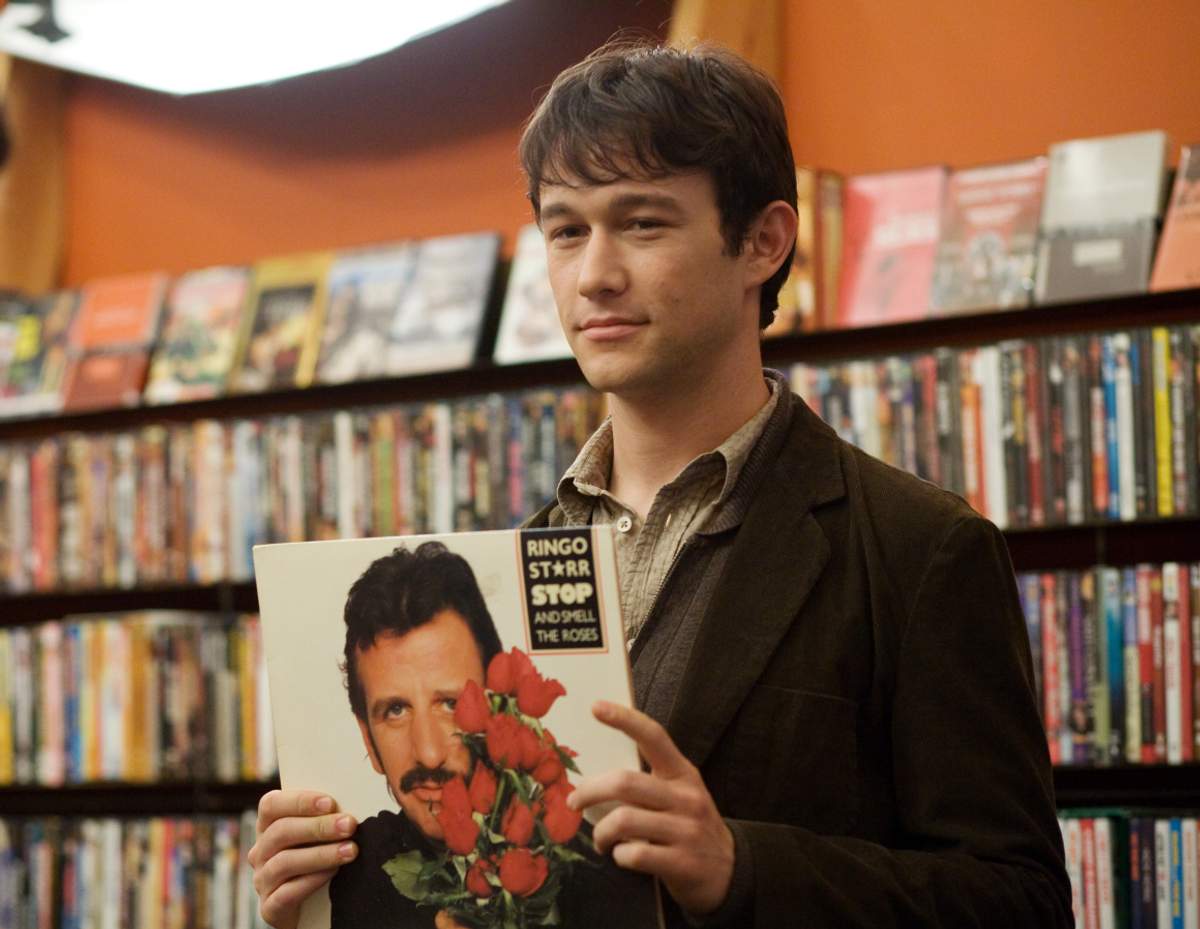Prime Minister David Cameron is proposing a system where only MPs from England would vote on English issues in Parliament.
The people of Scotland have said No to their freedom from a 307 year old agreement which binds them to the United Kingdom.
Politicians in England and Scotland are now mulling over the possibilities and future after the historic voting.
BBC reports that the SNP faces a change of leadership after First Minister and pro-independence leader Alex Salmond announced he is to stand down.
When results came out on Friday, Salmond said he would resign as SNP leader at the party’s conference in November, before standing down as first minister when the party elects its next leader in a membership ballot.
The 59-year-old told journalists there were a “number of eminently qualified and very suitable candidates” to replace him, with his deputy, Nicola Sturgeon, seen as a clear favourite.
He is Scotland’s longest-serving first minister, having held the post since the SNP won power at the Scottish Parliament in May 2007. He has also served as leader of the SNP for a total of 20 years.
However, he will stay on as MSP for Aberdeenshire East, and described serving Scotland as first minister as the “privilege of my life”.
On the other hand, Prime Minister David Cameron is celebrating and trying his best to give Scotland its due after it decided as per Cameron’s wish. He is proposing a system where only MPs from England would vote on English issues in Parliament.
Cameron has asked Lord Smith of Kelvin, who led Glasgow’s staging of the Commonwealth Games, to oversee the process to take forward the commitments on extra powers for Scotland, with new powers over tax, spending and welfare to be agreed by November, and draft legislation published by January.
He has also spoken of the implications for the other nations of the UK, and said “millions of voices of England must also be heard”. He said the three main Westminster parties will deliver their campaign pledge to boost the powers of Scotland’s devolved parliament.
But, by linking the promise of further devolution to Scotland with the question of “English votes for English laws”, some in Labour fear Cameron is setting them a trap.
Labour leader Ed Miliband has made it clear that he is not likely to sign up to Cameron’s proposals to give new powers to English MPs. Miliband has said Labour also wanted “significantly greater devolution of power in England”, but said it was important not to offer a “knee-jerk reaction”. He instead wants a nationwide constitutional convention to come up with ideas, convening next autumn.
On referendum night, 28 of Scotland’s 32 local authority areas voted in favour of staying in the UK.
Glasgow, Scotland’s largest council area and the third largest city in Britain, voted in favour of independence by 194,779 to 169,347 but registered the lowest turnout in the country.
Edinburgh, the nation’s capital, clearly rejected independence by 194,638 to 123,927 votes,.
Across Scotland, 84.6% of registered voters cast their ballot in the referendum – a record for a national election.





